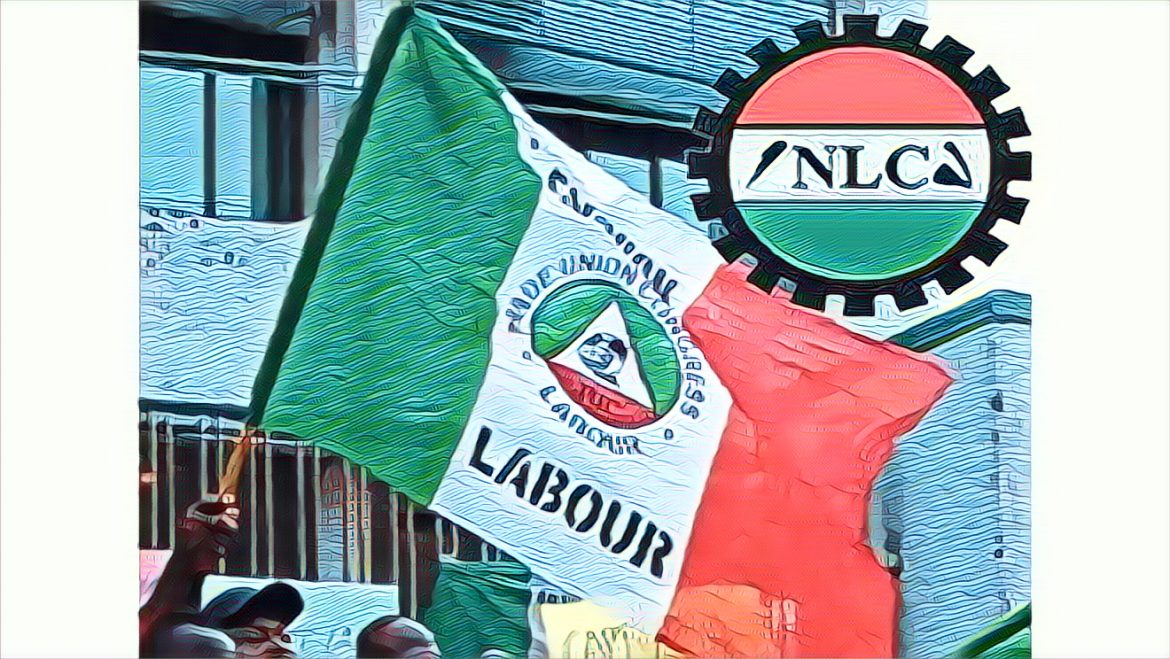Nigeria is on the brink of widespread protests as organised labour and student groups have handed the Federal Government a critical 14-day ultimatum. This dramatic step comes in response to the escalating economic hardship facing the nation, characterised by skyrocketing petrol prices and a devalued naira. The Nigeria Labour Congress (NLC) and the Trade Union Congress of Nigeria (TUC), together with the National Association of Nigerian Students (NANS), are demanding immediate action to alleviate the “massive suffering” of millions.
The joint ultimatum, articulated by NLC President Joe Ajaero and TUC Chairman Festus Osifo, highlights the profound impact of the economic crisis on the country’s workforce and citizenry. With purchasing power plummeting and poverty rates climbing, the labour and student bodies are calling for the government to fulfil its promises made in an agreement on October 2, 2023. Should their demands go unmet, Nigeria could see a nationwide protest commencing February 23, underscoring the urgency of the situation.
According to a report by The Guardian, the growing discontent is not limited to labour unions and students. In Kano, residents have taken to the streets, protesting against the rising costs of food and essential commodities. Their grievances reflect a broader national anxiety over the deteriorating economic situation. Similarly, the apex Islamic body in the North, Jama’at Nasir Islam (JNI), has voiced its concern, urging the government to release individuals arrested during protests in Niger State and to avoid exacerbating public frustration.
In a swift response to the escalating tensions, the Niger State government has released Aisha Jibrin and others detained during recent protests, signalling a potential shift towards more conciliatory government actions. On the legislative front, Speaker of the House of Representatives, Dr Tajudeen Abbas, has committed to introducing measures aimed at ensuring food security and stabilizing the economy. These include emergency food aid and legislative support for import and export policies to control food prices.
Moreover, in a collective effort to address the depreciating value of the naira and the resulting economic strain, governors of the 36 states have pledged to collaborate with federal authorities. They aim to reduce the demand for foreign exchange and encourage local production, as part of a broader strategy to stabilize the economy and secure the nation’s food supply.
As Nigeria stands at a crossroads, the government’s ability to effectively respond to these demands and implement lasting economic reforms will be crucial. With a 14-day window to act, the nation watches and waits, hoping for solutions that will steer the country away from the brink of widespread unrest.


